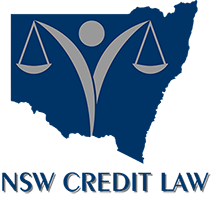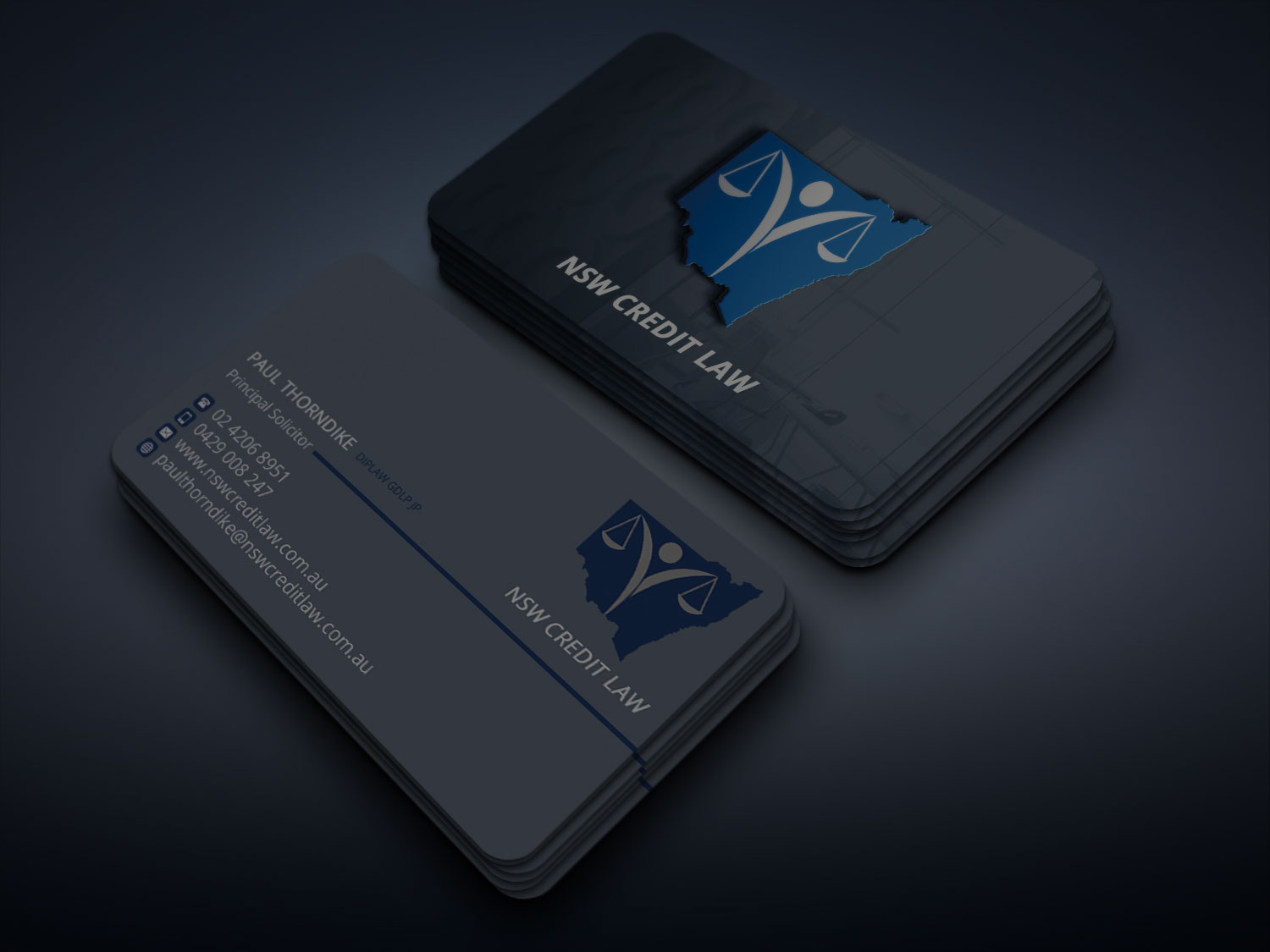Legal Debt Recovery Procedure
If a debtor is unresponsive to pre-legal demands and negotiations to settle a debt, then the matter usually proceeds to court to commence legal debt recovery proceedings.
When a client instructs us to collect a debt on their behalf, they usually do not want to take any further interest in the matter other than to provide instructions along the way and to receive updates about the progression of the matter.
However, it is prudent for clients to have a basic understanding of the legal debt recovery procedures. Over the next few weeks, we will be publishing articles that cover all aspects of the legal debt recovery process.
Although we initiate proceedings in all jurisdictions of Australia, for the purposes of our series of articles covering this subject we will refer to procedures in NSW. Most other state jurisdictions have procedures that mirror those of NSW.

Stage 1 – Initiating Process – Statement of Claim
To initiate a legal action to recover a debt in NSW you must file and serve a Statement of Claim in the correct jurisdiction, which is dependent on the size of the debt.
- Debts under $20,000 are handled by the small claims division of the Local Court of NSW.
- Debts between $20,000 and $100,000 are handled by the general division of the Local Court of NSW.
- Debts over $100,000 are handled by the District Court of NSW.
A Statement of Claim for liquidated debt is the initiating process legal document that outlines the details of a debt owed by one party (the debtor) to another party (the creditor).
The Statement of Claim is filed with the court and serves as a formal notice to the debtor that legal action will be taken to recover the debt if it is not paid within 28 days from the date the Statement of Claim is served. The Statement of Claim typically includes information such as the amount owed, pleadings presenting the basis of the debt, and any supporting particulars.
The Statement of Claim serves as a formal demand for payment and provides an opportunity for the debtor to respond or dispute the claim.
The creditor becomes the Plaintiff in the proceedings and the debtor becomes the Defendant.
When a Defendant debtor receives a Statement of Claim for liquidated debt, they should respond promptly and appropriately by one of the following options:
- Pay the Statement of Claim amount, which is the debt amount plus the legal costs and interest, within 28 days of being served.
- Apply to the court to acknowledge the debt and make an application to pay by instalments.
- Contact the solicitor acting for the Plaintiff creditor to negotiate settlement.
- File a defence to the Statement of Claim with the court. If this happens then the court will list a hearing date for a pre-trial review or defence call over, so that the parties can discuss the merits of their respective cases and attempt to reach a settlement.
- A Defendant debtor will often fail to respond. If the debtor fails to respond or settle the debt, the creditor can proceed with further legal action, such as obtaining default judgment and initiating legal enforcement procedures.
The most common responses to a Statement of Claim are either some form of settlement or a failure to respond. Only about 1 in 20 cases will be defended. Of the cases that are defended most of the those will be settled before progressing to a final hearing.
If the Defendant debtor fails to respond the next step in the procedure is for the Plaintiff creditor to secure their position by entering a motion to obtain default judgment. Default judgment is an order made by the court that the Defendant debtor must pay the full amount of the debt, plus legal costs, and interest. The judgment orders can then be relied upon to support further legal action to enforce payment.
We will review the default judgment procedure in more detail in our next article.
Should you have any queries with regard to this article or any other matters please do not hesitate to contact Paul Thorndike on 0429 008 247 or by email at paulthorndike@nswcreditlaw.com.au

